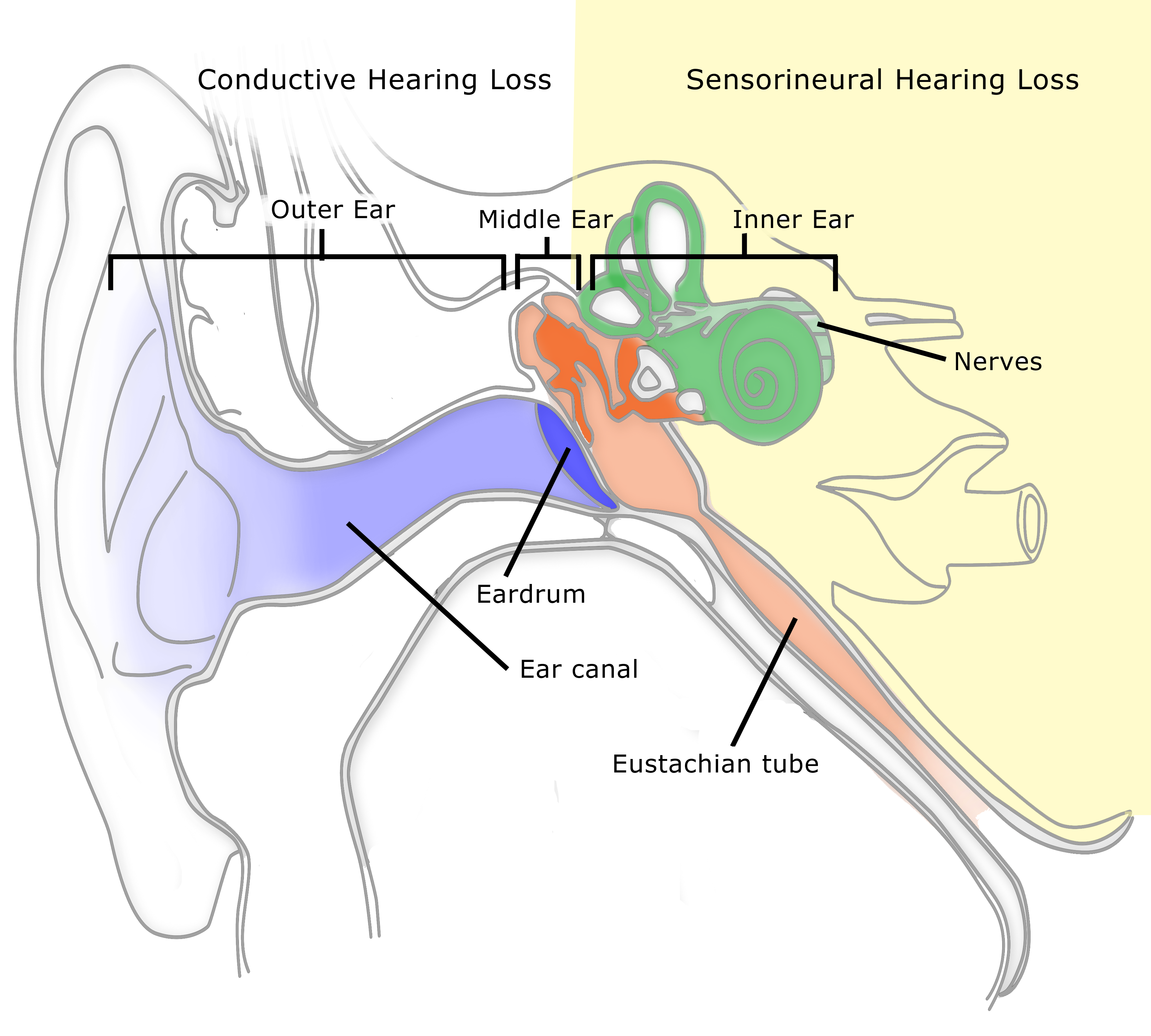Hearing Loss and Depression
The study yielded interesting results. First, the adults over age 70 were more likely to report hearing loss, but not mild/moderate or severe depression. Hearing loss was strongly associated with lower educational level. Lifestyle factors (Body Mass Index, smoking, binge drinking) were associated with both hearing loss and depression. Many health conditions (high blood pressure, diabetes, cancer, sleep problems, cancer, vision problems, and cardiovascular issues) were also strongly associated with hearing loss. Overall, the study found a strong association between hearing loss and depression in adults, especially in women, and those under the age of 70. Moderate to severe depression was found to be higher in adults over age 18 who also had self-reported hearing loss.3
Why does this matter?
Previous studies of older adults who use hearing aids have shown a reduction in depression and improved quality of life4. Another study by the National Council on Aging found that people who have hearing loss but did not use hearing aids reported sadness, anxiety, worry, reduced social involvement, emotional turmoil, and insecurity5. This is not to say that one will absolutely have depression if one has hearing loss (or vice versa), but it is worth consideration for those who have hearing loss to consider that treatment could be a first step in alleviating or addressing symptoms of depression. Quality of life can be improved in those with hearing loss if depression is identified; however, the first step is identifying hearing loss!
References
Cacciatore, F., Napoli, C., Abete, P., Marciano, E., Triassi, M., & Rengo, F. (1999). Quality of life determinants and hearing function in an elderly population: Osservatorio Geriatrico Campano Study Group. Gerontology, 45(6), 323-328.
Hogan, A. O’Loughlin, K. Miller, P. Kendig, H. The health impact of a hearing disability on older people in Australia. J Aging Health. 2009;21(8):1098-1111.
3Li, C. M., Zhang, X., Hoffman, H. J., & Cotch, M. F. (2014). Hearing Impairment Associated With depression in US adults, National Health and Nutrition Examination Survey 2005-2010. JAMA, 140(4), 293-302.
4Stevens, G., Flaxman, S., Brunskill, E., Mascarenhas, M., Mathers, C. D., & Finucane, M. (2013). Global and regional hearing impairment prevalence: An analysis of 42 studies in 29 countries. The European Journal of Public Health,23(1), 146-152.
5Seniors Research Group. The Consequences of Untreated Hearing Loss in Older Persons. Washington, DC: National Council on the Aging; 1999.



















Leave a Reply